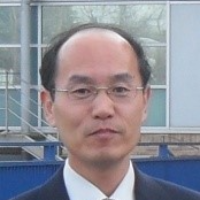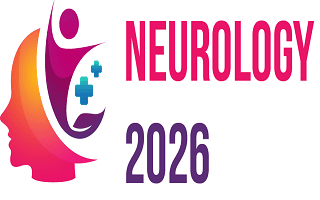4th International Conference on
Neurology & Neurological Disorders
October 15-16, 2026 | Paris, France

Address: Zone Hoteliere 2 Allee Du Verger Roissy En France, 95700, Paris, France
Neurology 2026

National Research Center for Rehabilitation Technical Aids, China
Abstract:
Alzheimer's disease (AD) accounts for about 60% to 80% of patients with dementia, and there is still a lack of widely available effective blocking/reversal methods. Ultra-early screening and intervention refer to the screening of individuals whose cognitive impairment is in the pre-mild cognitive impairment (pre-MCI) stage for implementing timely interventions for these people. There are three reasons for this proposal: 1) the pathological changes of AD are a continuous progression process, and related brain pathological changes not only precede dementia for decades but also far precede the occurrence of mild cognitive impairment; 2) studies have shown that effects of interventions implemented in the MCI stage are not satisfactory; and 3) when a person's cognitive decline is about to enter or be in the stage of MCI, the pathological changes in the brain and cognitive impairments are accelerated and thus rapidly change to a more severe stage. Thus, ultra-early screening and intervention should be carried out, that is, effective AD screening and intervention should be implemented before the MCI stage, which includes cognitive screening and AD-related biomarker screening, as well as various measures including nutrition, exercise, cognitive activity (including education and cognitive training), and rest and leisure. Notably, cognitive dysfunction (accompanying brain hyperexcitability) rather than cognitive decline may be an early manifestation of AD pathology, and an fMRI-detected brain Inhibition mechanism induced by somatosensory inputs may alleviate this pathological change. Further, we particularly recommend the implementation of nutrition-focused preventive measures in the population.
Biography:
Pengxu Wei is a Chief physician in Beijing Key Laboratory of Rehabilitation Technical Aids for Old-Age Disability and the Key Laboratory of Neurofunctional Information and Rehabilitation Engineering of the Ministry of Civil Affairs, National Research Center for Rehabilitation Technical Aids. He completed his PhD from Beihang University. He is the Chair of Cognitive Impairment Group, Nutrition & Metabolism Branch, Chinese Aging Well Association and performs studies on cognitive dysfunction, Alzheimer's disease and related dementia, neurorehabilitation, dysphagia, and functional neuroimaging.
